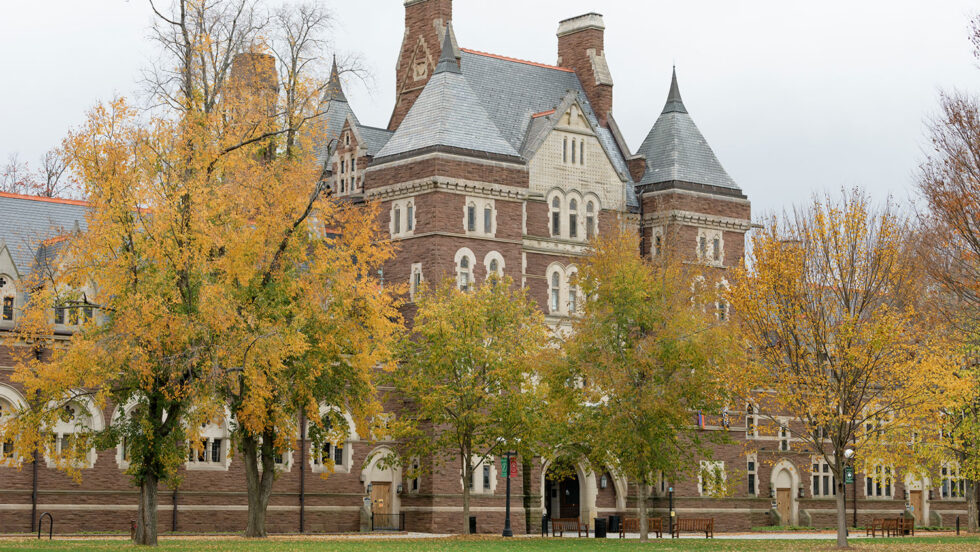Caitlin Doherty ’26
News Editor
On Tuesday, February 21st, College faculty voted to instate a new “Identity, Power, and Equity” requirement as an addition to the existing Trinity Plus Curriculum. The announcement was released in an email by Professor Sonia Cardenas, Dean of the Faculty and the Vice President for Academic Affairs. As stated in her email, students will “satisfy the requirement by taking a course that advances their understanding of marginalized communities in the United States.”
The announcement comes over six years after the Action Coalition at Trinity, a student group, advocated for this type of requirement to be instituted in 2016. In 2020, the Umoja Coalition and others on campus advocated for reform and racial justice at the college. Trinity is behind in adding this requirement, as many of its peer institutions, such as Hamilton, Wesleyan, and Williams, already had equity-based educational requirements as part of their curriculums.
The new curriculum addition was planned with support by the Student Government Association, the faculty Racial Justice Committee, and the Curriculum Committee; however, some students have expressed concerns about the new requirement because of the low number of faculty that are people of color and the logistics of whether this requirement will be instituted in an effective and equitable way. In an unofficial report by those that planned the requirement, it is assumed that at least thirty courses will be needed per academic year to allow all students to take these classes. When reviewing current current course offerings, the committee identified over eighty courses that would satisfy this need. The Office of Diversity, Equity, and Inclusion and the Office of Student Life will also be offering support to implement the new requirement in the fall semester of 2024. The “Identity, Power, and Equity” requirement will be instituted for all students matriculating in the Fall of 2024 and after.
As acknowledged in Professor Cardenas’ email, many states politicians and educators are trying to limit justice and equity education throughout the United States. By instituting this requirement, Trinity is attempting to increase the awareness and empathy of its student body. “At Trinity College, we affirm the equal value of all persons and the right of every student to learn in an open and inclusive environment.”








+ There are no comments
Add yours